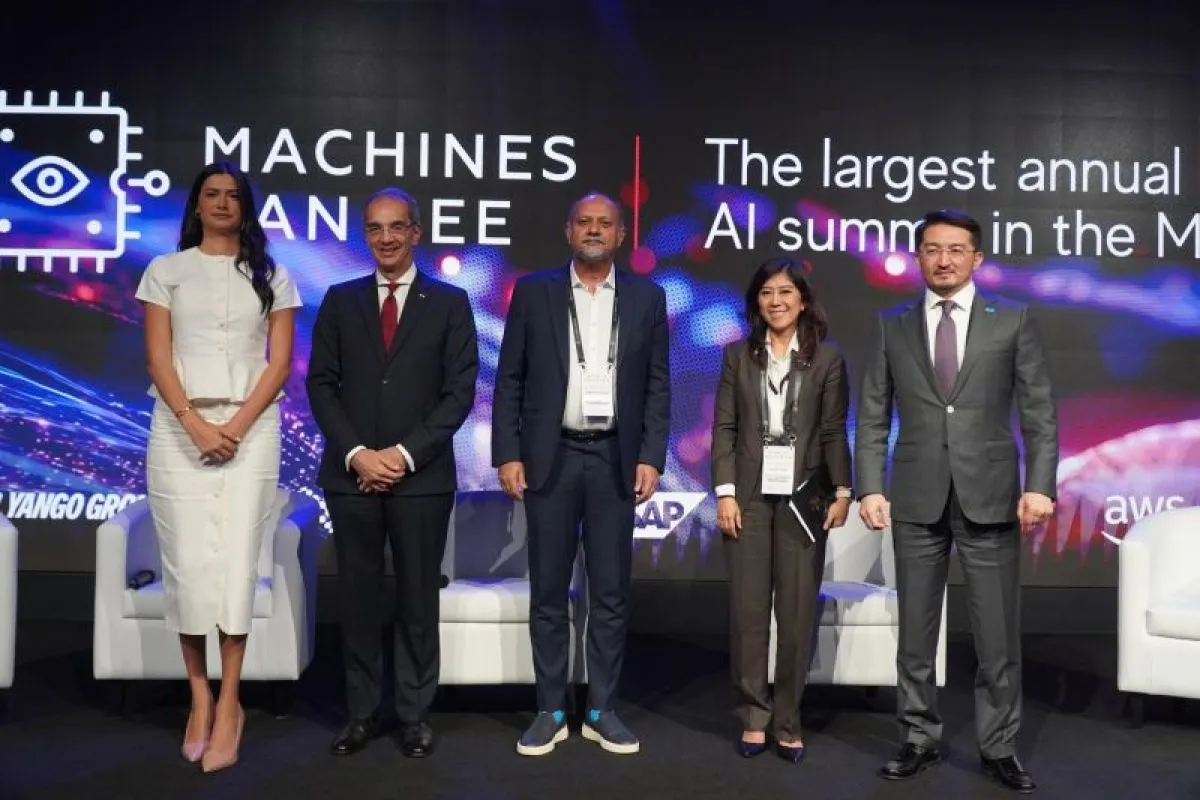Jakarta (WNAM MONITORING ): Artificial intelligence (AI) is the future of all nations, not just a handful of countries, Minister of Communication and Digital Affairs, Meutya Hafid, said at the Machines Can See (MCS) 2025 forum in Dubai.
During a panel session entitled “Wanted: AI to Retain and Attract Talents to the Country,” she underlined the need for building an AI ecosystem that is ethical, inclusive, and reflects the diversity of the world
“Technology must reflect the diversity of the world, not just the priority of a handful of people,” she said on Wednesday.
According to Hafid, Indonesia is in a very strategic phase demographically, digitally, and geopolitically to develop AI as the future and heritage of the world.
With more than 212 million active Internet users and its status as the fourth most populous country in the world, Indonesia is committed to playing an active part in shaping the future of global technology.
She further emphasized the similarity of approaches that Indonesia has built with fellow BRICS countries in creating a responsible AI ecosystem.
The main focus includes ensuring equal access, strengthening the perspective of the Global South, and utilizing AI to address the real challenges of society.
“Indonesia’s initiatives, through dialogue with BRICS, increasingly cover issues including bridging the digital divide, advancing smart rural solutions, and maintaining data sovereignty, such as AI-based disaster monitoring, smart agriculture, and remote health diagnostics,” she informed.
She then listed three aspects that are of great concern to the Indonesian government: education, food security, and the provision of public services.
To support the development of the country, the Indonesian government is trying to use AI as a solution for these three aspects, she said.
This has involved efforts such as building AI applications for food security as well as a social protection system, which will be launched in August 2025.
“Food security is a concern for President Prabowo, especially amidst the current geopolitical situation. And also education is a fundamental belief that Indonesia holds firmly, because those who design and manage AI must be smarter than AI itself,” Hafid said.
In terms of digital infrastructure, she noted that ensuring uniform connectivity in 17 thousand Indonesian islands is a big challenge.
To overcome this challenge, the government is currently preparing to auction the 2.6 and 3.5 GHz spectrums as well as expand fiber optic and submarine cable networks.
Consolidation with the telecommunications industry and the development of a low-latency national data center to support optimal AI integration are also being carried out.
“This is progress, but it still reminds us of the scale of the challenge of building fast and reliable connectivity across 17 thousand islands in Indonesia,” she said.
The issue of the digital diaspora is also a concern. Hafid pointed out that around 8 million Indonesian citizens currently live abroad, including 20 thousand who work in Silicon Valley.
“So, they are now involved in the field of AI software innovation. While many of them may no longer be closely connected to the domestic landscape of Indonesia, but we still see them as part of our national strength. We prefer to use the term brain link rather than brain drain,” she said.
As part of the spirit of inclusivity, Indonesia is also building AI centers of excellence in several cities, including Bandung, Surabaya, and Papua.
“Making an AI center of excellence in Papua is very important for Indonesians to show that we believe inclusivity is very important when we talk about AI,” she said.
The MCS 2025 forum is a strategic platform for Indonesia to emphasize that the future of AI does not belong to one nation or one region, but must be pursued together on the basis of justice, equal access, and diversity.


